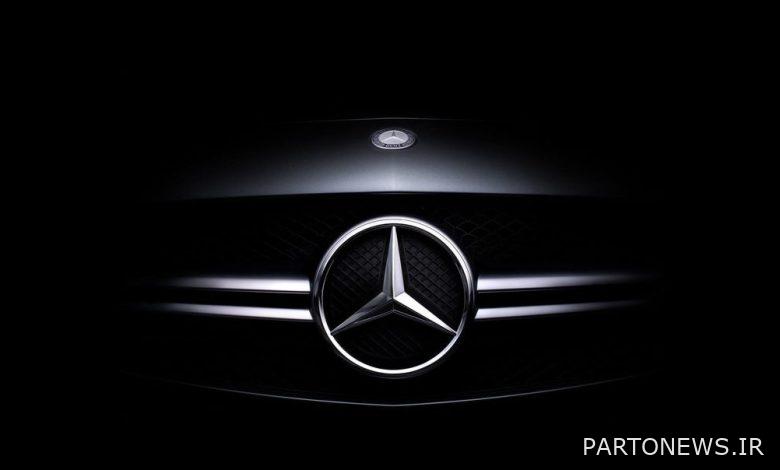A huge transformation of Mercedes-Benz cars is coming

Online Economy – Parham Karimi; Mercedes-Benz is also preparing to start the policy of selling all-electric cars by the end of the decade, that is, until the market conditions are ready for the sale of this car model. By changing its policy, this luxury car company is accelerating towards a zero-emission, software-driven future.
By 2022, Mercedes-Benz will launch electric vehicles in all segments that the company offers. In the next step, from 2025 onwards, all new cars will be electric only, and customers will be able to choose an all-electric alternative for every model the company produces in gasoline mode. Mercedes-Benz intends to start this rapid transformation by sticking to its goals of maximum profitability.
One of the senior managers of Mercedes-Benz has said: The shift towards electric cars is accelerating. The peak of this company’s evolution towards electrification is near and we will be ready; Because by the end of this decade, the car market will only be electric.
The CEO of Daimler AG and Mercedes-Benz says: This stage shows the allocation of a lot of capital to this development. With management, we will accelerate this transformation while ensuring the continued success of Mercedes-Benz by protecting our profitability goals. He continues: Thanks to our highly skilled and motivated workforce, I am convinced that we will be successful in this field.
To facilitate this change, Mercedes-Benz is unveiling a comprehensive plan that includes accelerating research and development of electric vehicles. In total, the investment in electric vehicles between 2022 and 2030 will amount to 40 billion euros.
In 2025, Mercedes-Benz will launch three electric vehicle models: the plan will cover all medium- to large-size passenger cars and create a scalable modular system as the electric backbone for the future electric vehicle portfolio. This will be an electric vehicle platform with exclusive performance.
In the battery sector, Mercedes-Benz needs a battery capacity of more than 200 gigawatt hours and plans to set up eight factories to produce cells with its partners around the world.
In addition to the planned network, this project includes 9 factories dedicated to the manufacture of battery systems. Next-generation batteries will be highly standardized and suitable for use in more than 90 percent of all Mercedes-Benz cars and vans, while being flexible enough to offer individual solutions to all customers. With regard to cellular production, Mercedes-Benz plans to work with new European partners to develop and efficiently produce future cells and modules, a step that will ensure Europe remains at the heart of the automotive industry even in the electric age. Cellular production gives Mercedes-Benz the opportunity to transform its established powertrain production network.
By continuously integrating the most advanced battery cell technology into cars and vans, Mercedes-Benz aims to increase range throughout a model’s production life cycle. With the next generation battery, Mercedes-Benz will work with partners such as SilaNano to further increase the energy density by using a silicon-carbon composite in the anode. This provides unprecedented range and even shorter charging time. When it comes to solid-state technology, Mercedes-Benz is in talks with its partners to develop batteries with higher energy density and safety.

